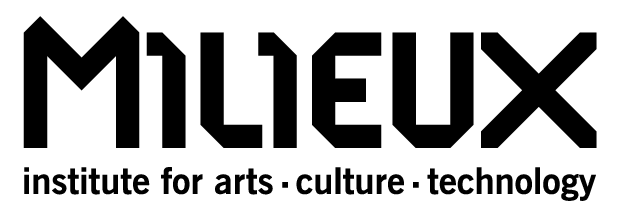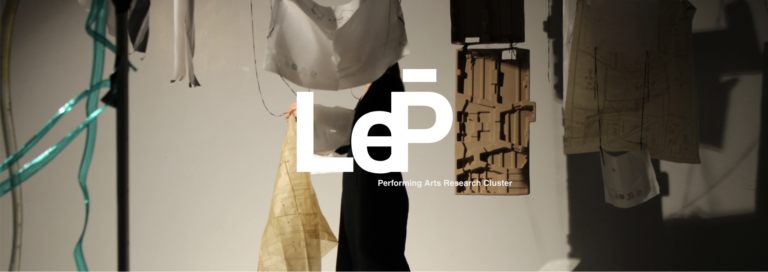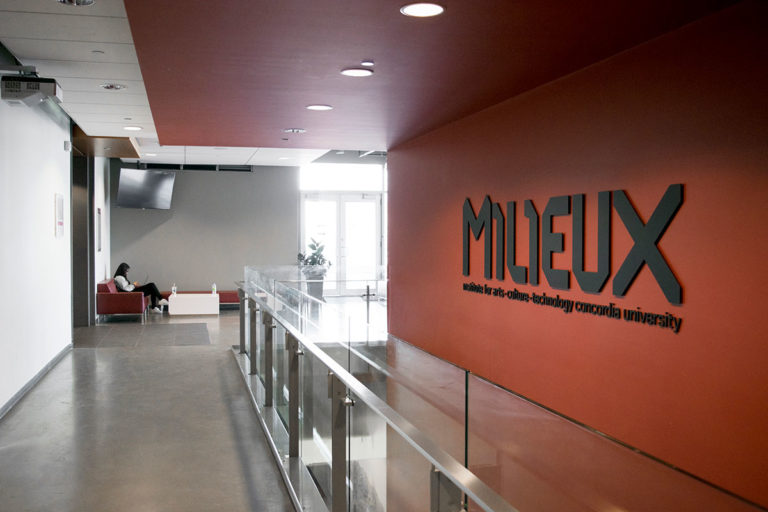So begins the month of November, in the midst of the vertiginous pendulum swing of the academic semester. Along this whirlwind path, Milieux finds a through line in Georges Bataille’s concept of the accursed share; that dimension of energetic excess within (political) economy that must be consecrated to waste that is traditionally applied to such “useless” things as art-making, luxury, and generally “non-productive” activity.
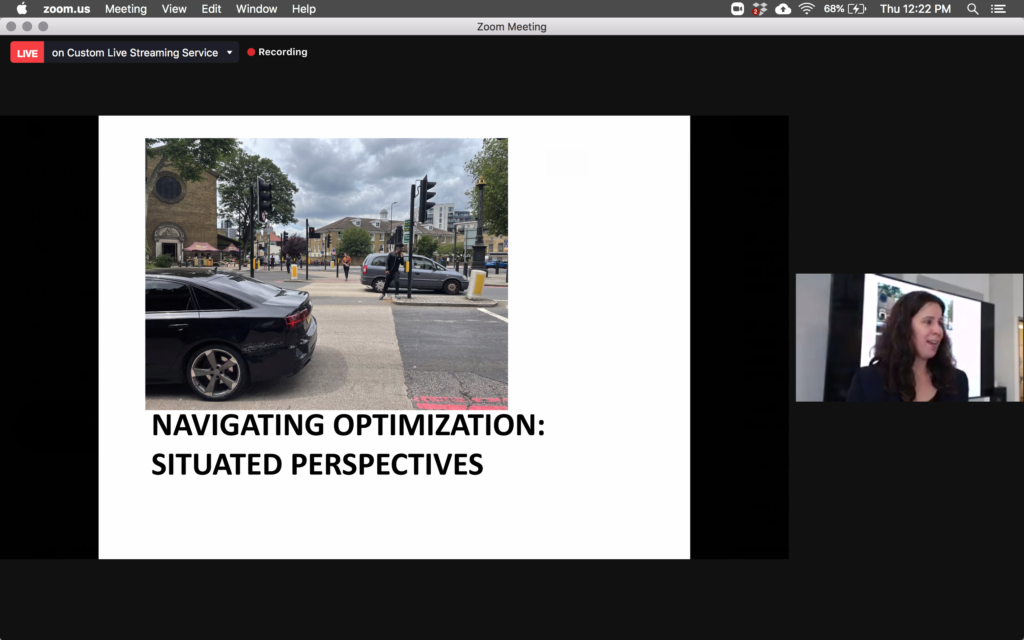
Such a notion posits a serious error in the server for systems like those built around optimization, discussed brilliantly by Alison Powell during her book launch for Undoing Optimization on October 14th (IN PERSON at Milieux as well as online, and presented in the context of Printemps numérique’s MTL Connect). During the talk, Powell masterfully traced out the concept of optimization, its application, its failings, and life conceived beyond it. A salient point that was brought up was a crosswalk in Powell’s neighbourhood whose construct and timing were generated through these tools of optimization. The result is a crossing light that is a pragmatic and functional failure, with an impossibly short duration for the full crossing of the block. In attempting to utilize all energy/time/space as optimally as possible, what arises is a complete subversion of the setup, the excess of energy refuse, this accursed share, finding its place in the end result.
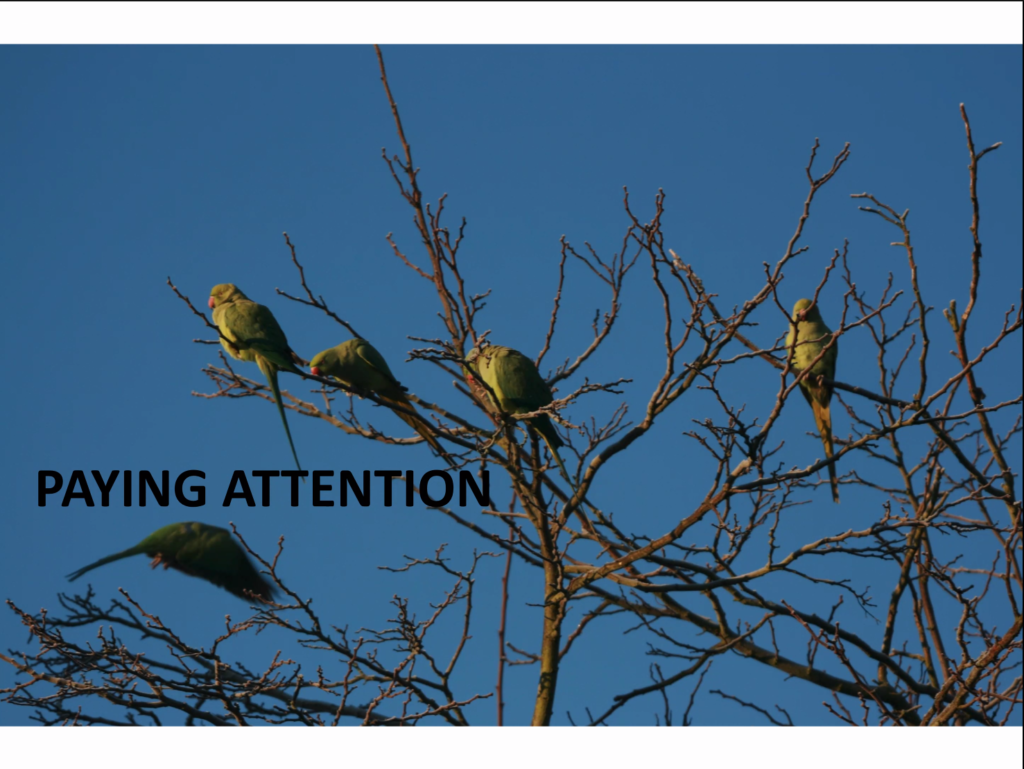
A week later, Milieux’s Associate Director Chris Salter presented his imagined prototype (a joint collaboration with Erik Adigard and Alex Quessy) for The Dissuasion Engine at Berlin’s sprawling three-day Driving the Human event. Salter presented the imagined app on a brightly coloured inset stage that was reminiscent of a game show (or what we imagine the television show Squid Game looks like) and the presentation took the form of a pitch. In it, Salter brought up Bataille’s concept of the accursed share in his introduction when describing our desire to spend, and detailing the etymology of the word consumption: from damned sheer destruction to positive, upward-moving action. As caution has unravelled into frenzy, our website browsers, social media platforms and tools of communication direct us towards items that not only might be but should be to our liking (according to the algorithm), turning Adam Smith’s Invisible Hand into a despotic fist. Salter, Adigard and Quessy’s app proposes to do what the name suggests; instead of goading the user into spending, the Dissuasion Engine (an app that would be downloaded to your phone, to your browser, etc.) would invite the consumer to do the opposite, reminding them of the vied-for product’s actual costs and global impact. The app seems perhaps punitive, and some might quip that there is no ethical consumption under capitalism, but one also wonders where exactly the emergency brakes are, or what is in place to stop this frenetic, excessive waste.
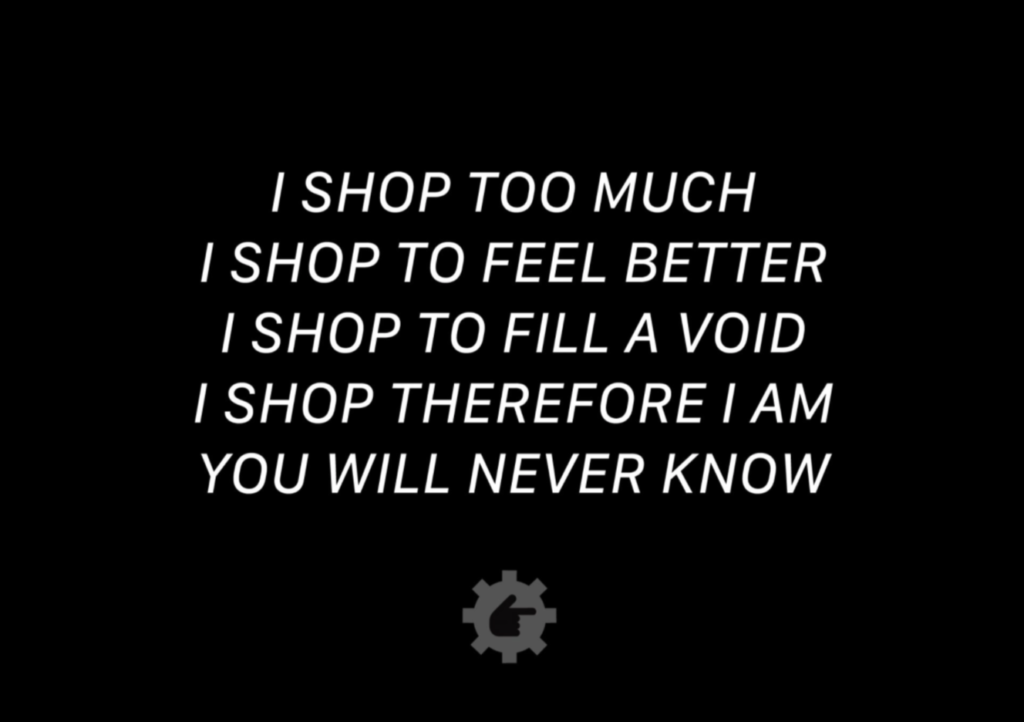
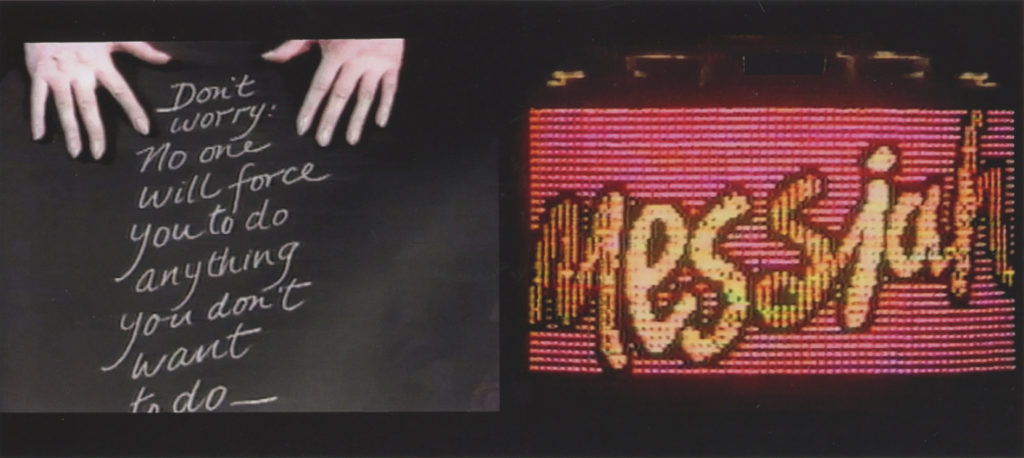
A breath of fresh air via the digital presented itself at Jill Didur’s Global Urban Wilds App Launch on October 15th (the second of three events related to MTL Connect, the third being VIDEO|PLAY, a review of which can be found here). The app—site-specific, GPS-enabled locative, and available via the titular highlighted link above—presents the user with “experiences of ’embodied knowing’ – learning through encounter, awareness, physicality – in urban wilds that represent informal brown/green spaces on the edges of urban development,” with Montreal’s Champ des Possibles in mind and of note. Users are invited to explore this space using the app’s haptic, sound and visual content to further enrich the sensorial experience. In a sense, the GUW App turns the excessive act of the flâneur into a gathering of information; born from the excess comes the collector. What comes to mind as well is McLuhan’s concept of technology as the extension of the human, which entails a subtraction, as well: what is the interior negation that will compensate this heightened experience of the exterior?
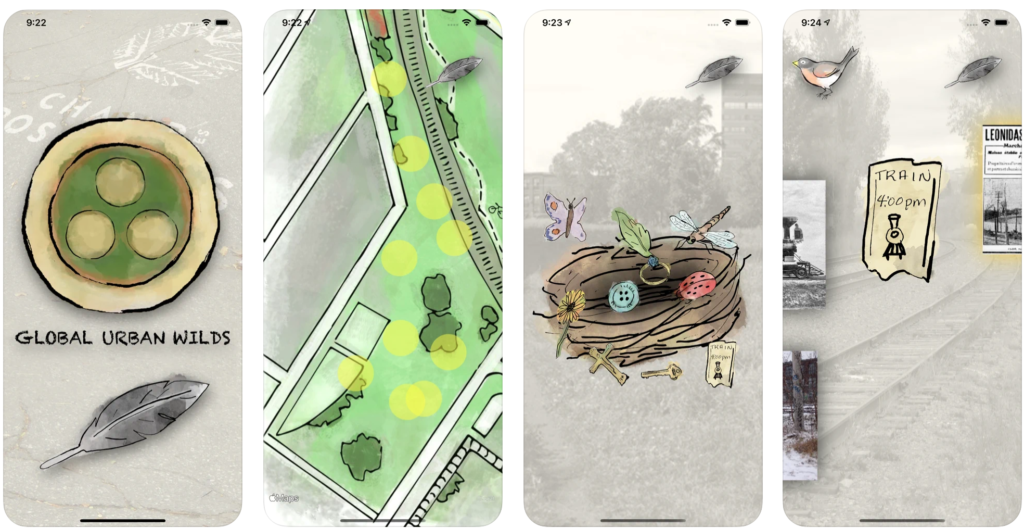
These events, presentations, talks and apps provoke the recurring question in the digital age of late-stage capitalism: where is the exit point, and what to make of all this excess? This brings to mind the meaningful role of laughter and of irreverent, energetic joy both philosophically and as a political act. In The Accursed Share, excess does not always have to mean reckless consumption qua destruction; the fire can burn up love, creativity, or a day devoted to nothing at all (i.e. rest!). Our digital suit — the multitudinous capacities it endows the human with — may entail subtractions, but they may be of things that we can do without. In our apparatuses we find an enrichment of the flora, the constructive capacities to curtail capitalist fervour, a rerouting of optimization back into the human experience (subvert the system through the use of its inversion), and the beauty of the world in hyper-realness: after all, “one cannot all of a sudden deprive a society of its essence,” (Bataille, The Accursed Share, Vol. I)—instead, let us indulge, but let’s indulge radically, against the whirling maelstrom of capitalism, and into our relations to each other and the world.
